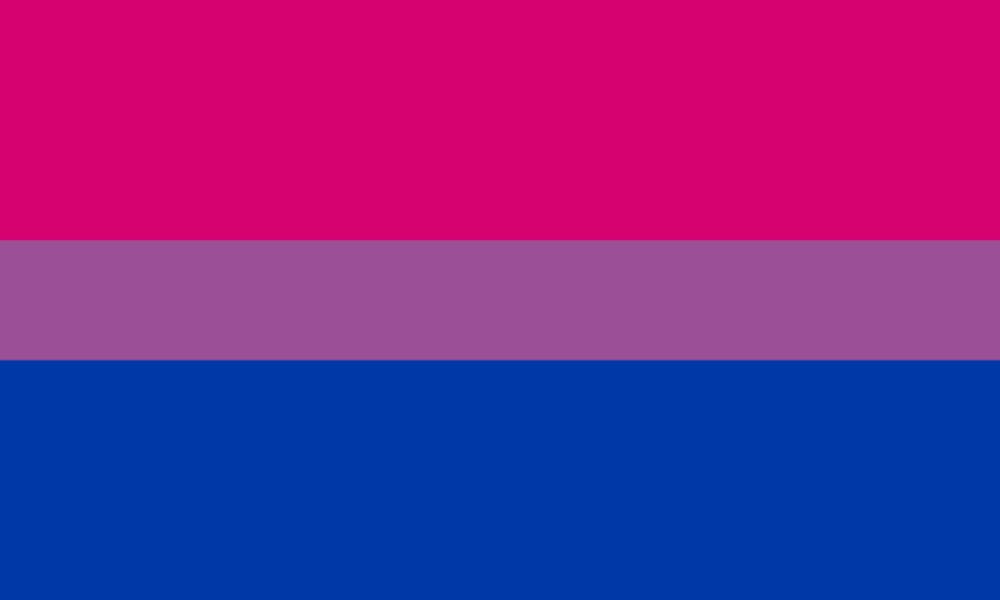There’s one coming-out story that has come to be known as the singular gay experience. According to this model, in order to be gay, you must have always known that you were different. You should grow up struggling to suppress crushes on members of the opposite sex. And most importantly, you should have a dramatic moment in which you finally accept the well-defined desires you’ve been avoiding your entire life.
That is the story of many queer people. But it’s not mine.
When I was 16, I fell in love with a girl, and my world promptly flipped on its axis. Up until that point, I had only had crushes on guys—and no shortage of crushes, either. I couldn’t remember ever feeling gay as a child, nor experiencing this subconscious “knowing” that should have proven my experience legitimate. I felt hopelessly lost. Was this relationship a fluke?
My doubts about my sexuality only worsened after I broke up with my girlfriend and started dating guys again. As a young, feminine bisexual with a boyfriend and only one girl on my track record, I didn’t feel valid in the queer community. To many, I simply wasn’t “gay enough.” Towards the end of my senior year, I overheard my classmates decide that my 15-month relationship with a woman was just a phase.
I didn’t feel entirely comfortable with straight people anymore, either. When I finally began to slip anecdotes of my bisexuality into otherwise heterosexual conversations, I couldn’t help but notice these people shift awkwardly in their chairs. To their credit, they always fought to maintain eye contact, a classic attempt to feign open-mindedness in the face of their internalized homophobia. It was disheartening. I stopped bringing it up.
As I usually do in times of torment, I turned to the Internet. There, I found a community of people who recognized sexuality as a spectrum. Labels applied to broad interpretations of the laws of attraction. Some chose to forfeit labels altogether. But the message was clear: all experiences were legitimate.
I know that these perspectives exist. But unfortunately, even at Duke, I still feel unqualified to call myself gay. There’s a pervasive implication in the LGBTQIA+ community that the bisexual experience is less valid than the homosexual one. I’ve been told more than once that because I can pass as straight, I “don’t count.” As if queer people don’t have it hard already, now we have to turn against each other, too?
This form of imposter syndrome is a source of distress for many bisexuals. In fact, bisexual women are 3.5 times more likely than homosexual women to contemplate suicide, while bisexual men are 4.1 times more likely than homosexual men to do so. Bisexual individuals also experience higher rates of anxiety and depression, alcohol abuse, and psychological trauma, as well as greater risks of socioeconomic obstacles. All because they encounter prejudice from both sides — from the LGBTQIA+ community as well as from the rest of the heteronormative world.
I’d love to date more girls. But I’m frustrated by the pressure I feel to date girls in order to prove myself to the gay community. I’d still be bisexual if I only dated men for the rest of my life. My sexuality is not contingent on my relationship status.
I’d also like to feel less weird about mentioning pretty girls in front of straight people. To all the straight girls I never loved: no, I’m not into you. You’re not exactly my type. And to all the straight men: this doesn’t make me “one of the guys.” My attraction to women doesn’t mean I suddenly enjoy locker room talk. Oh, and I definitely don’t want to hear how hot you think it is that I like girls. Take your misogyny somewhere else.
Why should the gender of the person I’m interested in change the conversation? I’m just a human being occasionally attracted to other human beings. I’m not easy, I’m not fickle, I’m not just a lesbian too afraid to come out. And I’m not doing it for attention.
I’m proud to call myself bisexual. I don’t need your opinion about my qualifications, nor do I feel compelled to fulfill some arbitrary definition of what you think my sexuality should look like. I belong here. If I ever need you to validate that, I’ll let you know.
Rebecca Torrence is a Trinity sophomore. Her column runs on alternate Fridays.
Get The Chronicle straight to your inbox
Signup for our weekly newsletter. Cancel at any time.

